Trusted Chinese EVs in Dubai: 920,000 KM Later – Lessons from Xpeng, BYD, and WM Motor (Part 1)
At ALMASA, we are often asked a simple question: "What happened to all those Chinese Electric Vehicles you shipped to Dubai?" Starting in early 2020, our company took a gamble, shipping 16 different domestic Chinese EVs to the UAE—all in a "bare-metal" state, meaning no local dealer warranty.
Collectively, these cars have driven over 920,000 kilometers across the Emirates. Their journey is a testament to the resilience of Chinese engineering and our commitment to hands-on, DIY maintenance in the harsh Gulf environment. From registration headaches to battery pack repairs, here is the full story of our early EV pioneers and their most critical "failures."
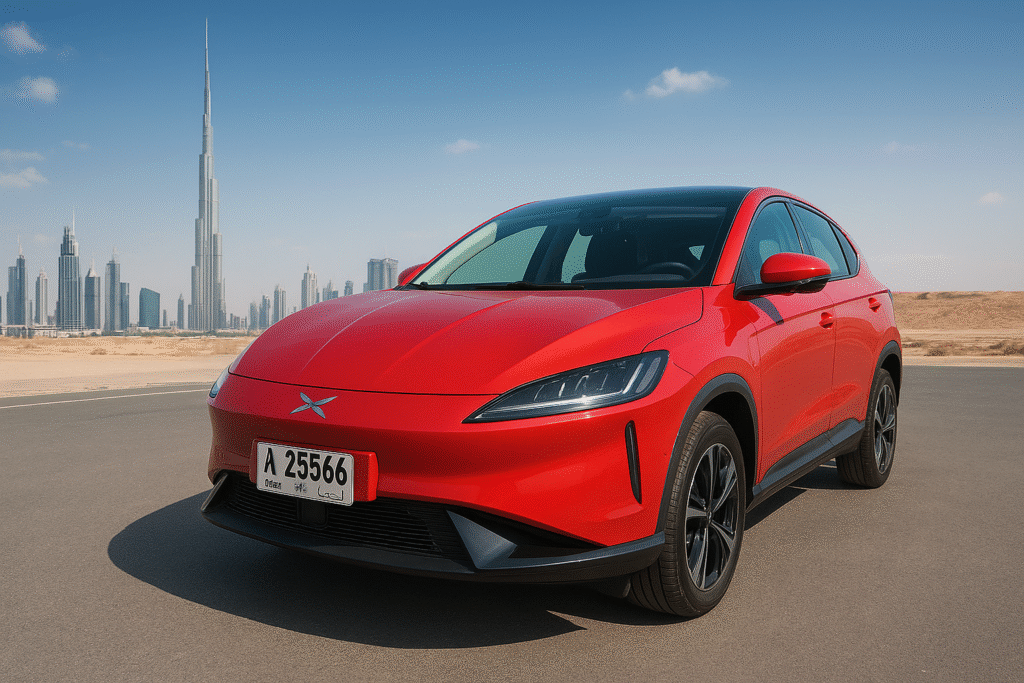
Xpeng G3 (The Trailblazer): 268,000 KM and Counting
Our first car, the Xpeng G3, was likely the first domestically produced Chinese EV in the UAE. Its peak power impressed police in Ajman, who facilitated its registration, proving that performance speaks for itself.
Critical Lesson: At 20,000 km, the Bosch-supplied coolant circulation pump seized. Our success in fixing it by simple disassembly and cleaning gave us confidence: EVs, at their core, are manageable, even without a dealer.
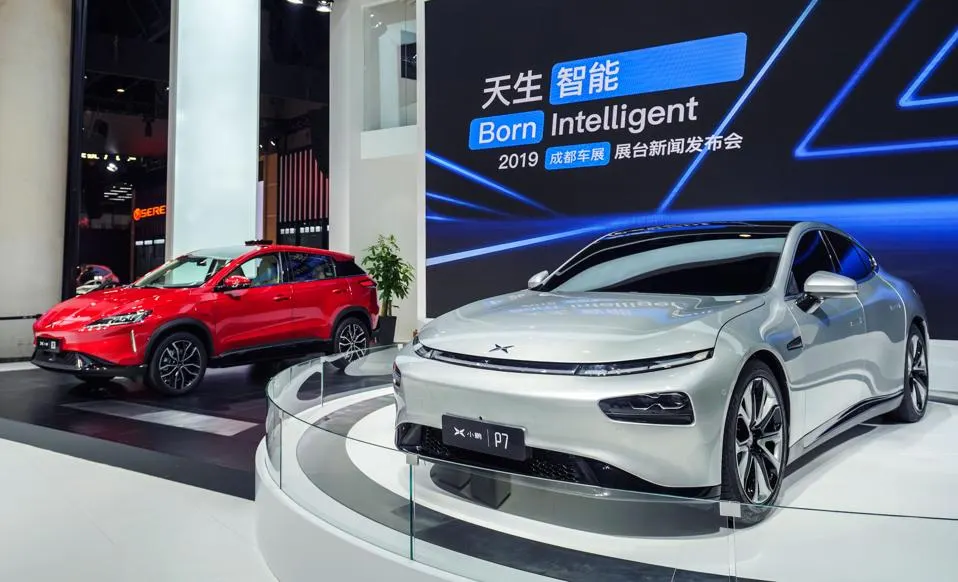
Xpeng P7 (The Connectivity Edge)
While we found the P7’s powertrain to feel “loose” compared to competitors, the Xpeng models offered a crucial advantage: their Wi-Fi and cellular connectivity worked, allowing them to receive essential Over-The-Air (OTA) updates—a major factor for usability in the Gulf.
Component Failures in the New Forces
Weltmeister (WM Motor) First Generation
Despite the company’s eventual failure, the car proved mechanically sound. After 90,000 km, the only repair needed was replacing the gearbox bearings—a simple, low-cost fix using locally sourced FAG and SKF parts (approx. 150 DHS).
Neta V (The DCDC Module): A Simple Swap
At 50,000 km, the DCDC (DC-to-DC) 12V module failed. Since the module was sealed, we shipped a new one from China. This failure highlights that while the high-voltage systems are often robust, standard electronic components remain the weak point.
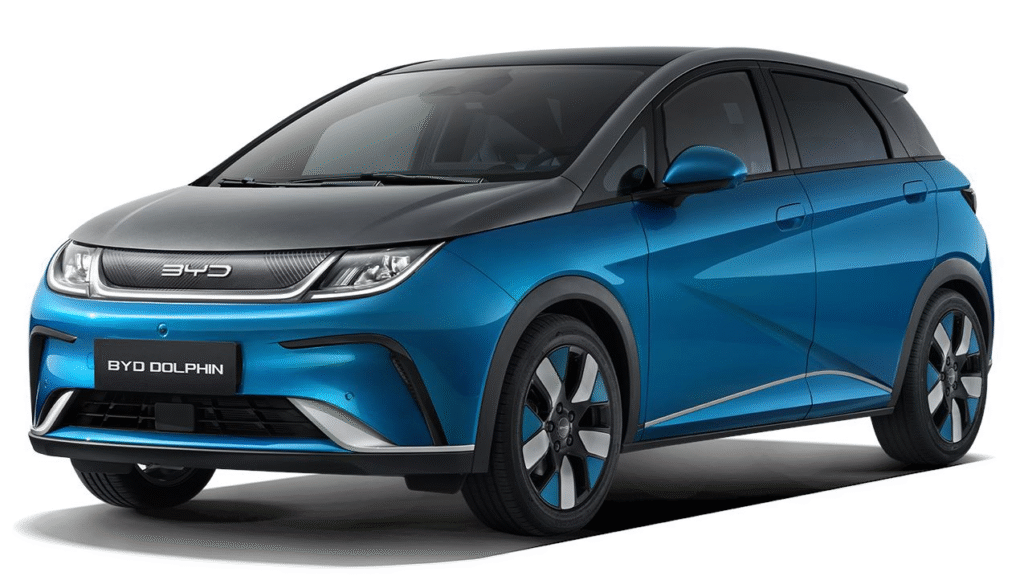
BYD and the Complexity Wall
BYD Dolphin: The Fleet’s Toughest Challenge
The two Dolphin models we imported nearly derailed our entire project. They revealed the hidden complexity of modern EV architecture:
- Wiring Hell: A poor connection in a high-voltage interlock signal line caused the first car to be undrivable for six months until the fault was tracked down. This difficult diagnosis required weeks of painstaking, manual tracing of schematics—an effort costing thousands of dollars in labor alone.
- Water Damage: The second unit suffered water ingress in the battery pack due to a poorly installed factory sealing strip, which burned out resistors on the BMS board. Our in-house team successfully repaired the battery pack.
Almasa Insight: Our BYD experience taught us that while most component issues are minor, the deep software and wiring complexity of some platforms requires highly skilled technical teams. The extensive troubleshooting demonstrated that the Dolphin, while utilizing high-quality components, still relies on proprietary, sensitive internal systems that are challenging to repair without official dealership support. Had we required remote dealer authorization, these cars would have been stranded.
Proven Reliability from Traditional Brands
GAC Aion S & Wuling Mini EV
Cars from established automotive giants like GAC and Wuling demonstrated better build quality and material finish than many “new forces” competitors. The Wuling Mini EV, with almost 60,000 km, only faced one major issue: its compressor shuts down for protection when ambient temperatures exceed 43°C, rendering the A/C unusable during summer daytime in the UAE.
Which Chinese EVs in Dubai *Actually* Conquer the Desert?
We’ve seen the failures of the pure EV. Now, find out why **E-REV technology** (Li ONE, AITO M7) is the game-changer for the GCC, and discover the most reliable vehicle in our entire 920,000 km fleet.



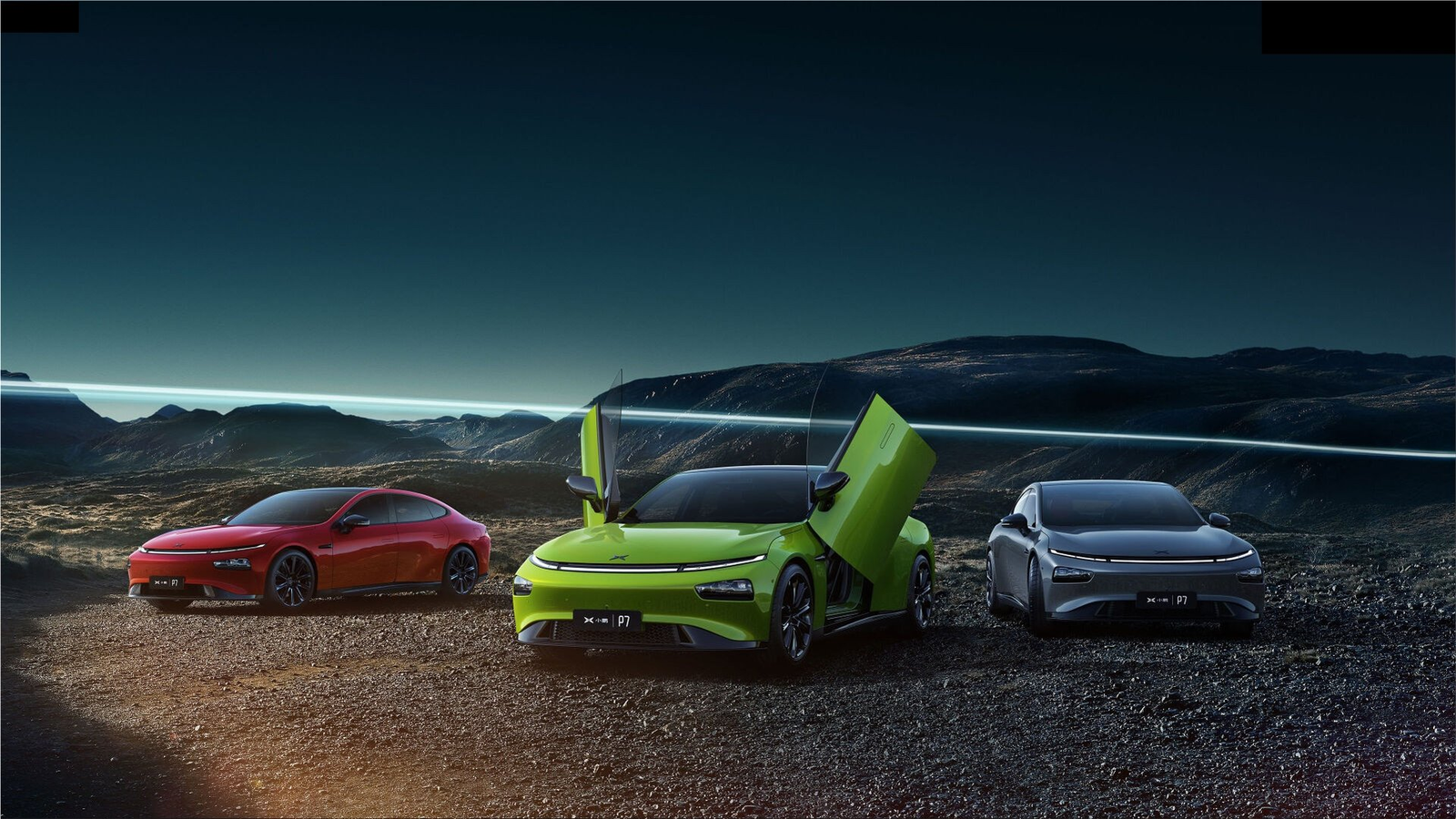
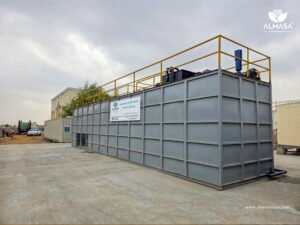
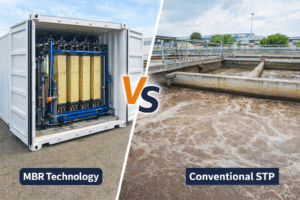


One Response